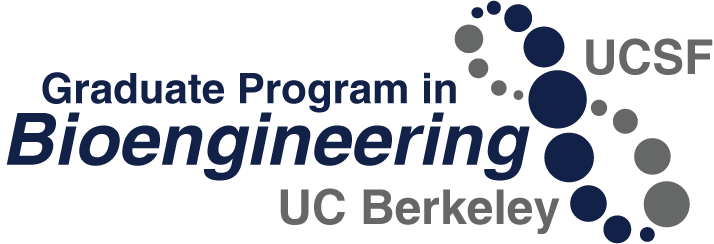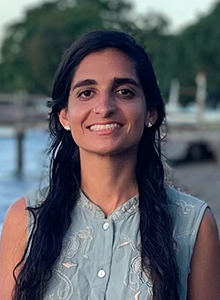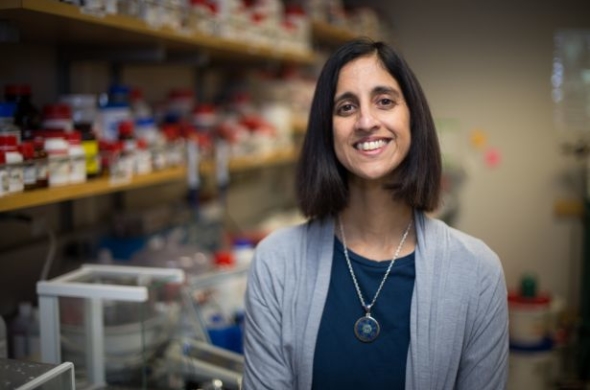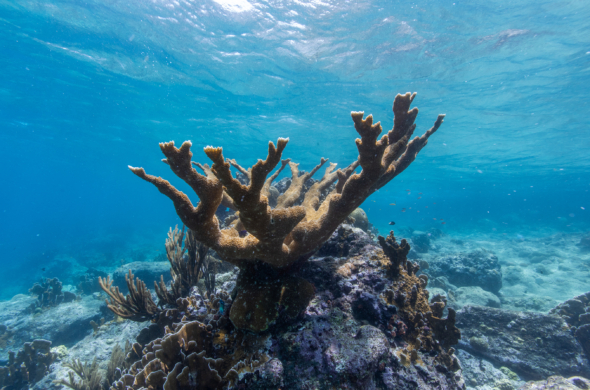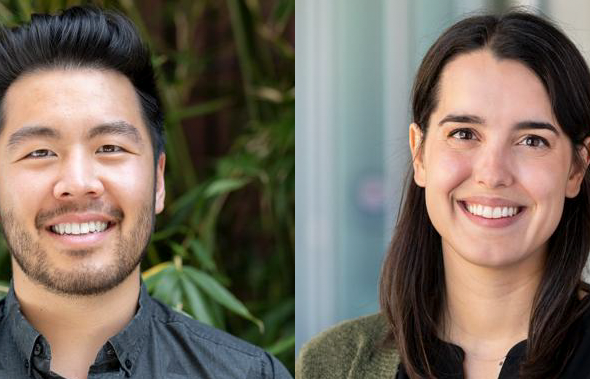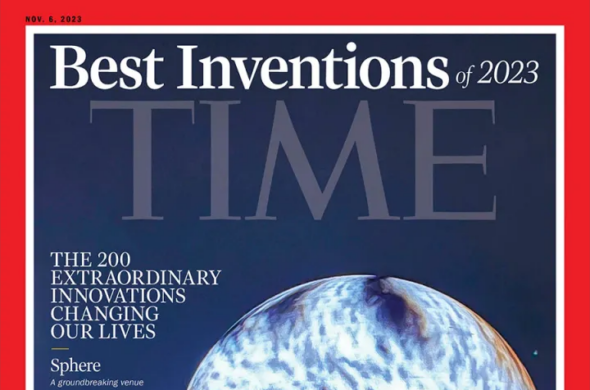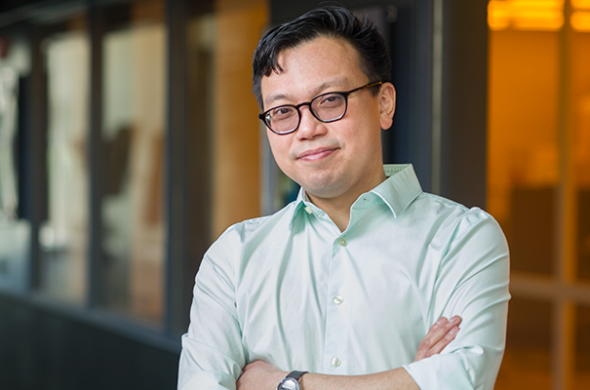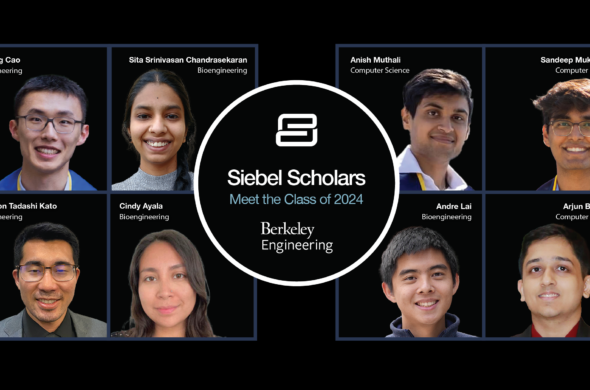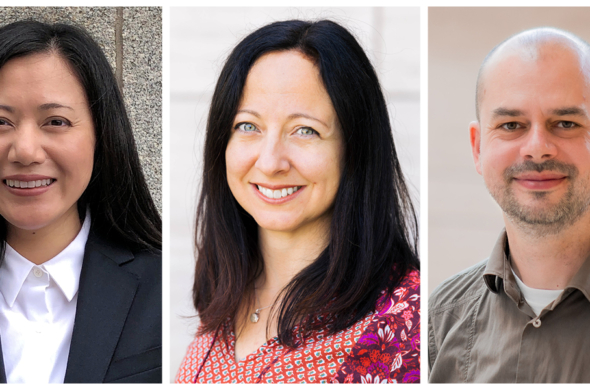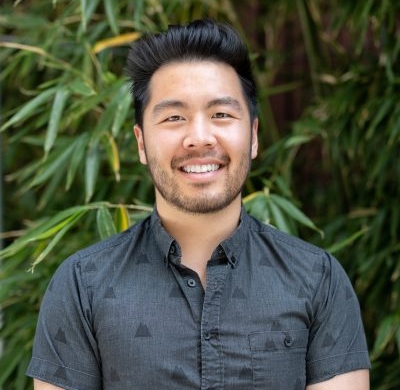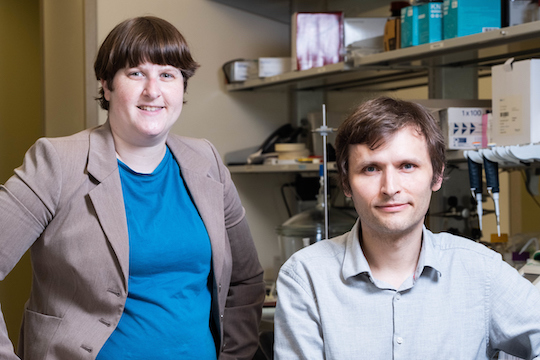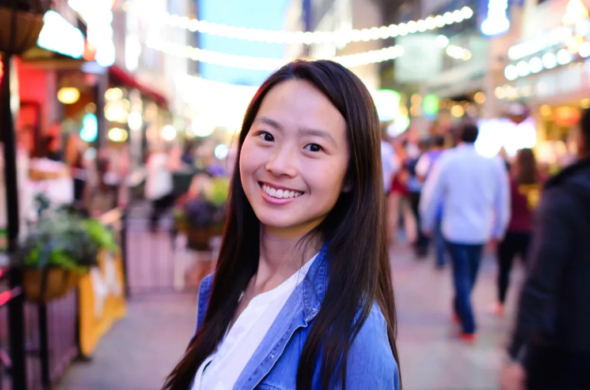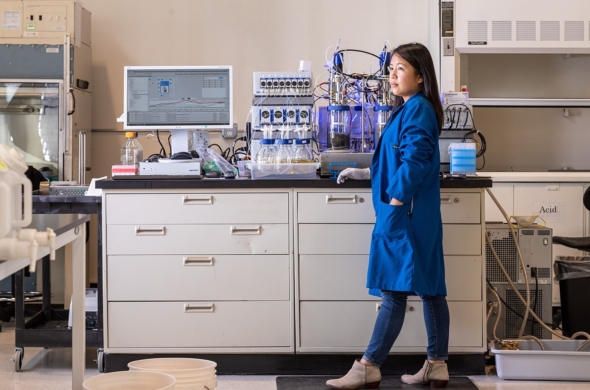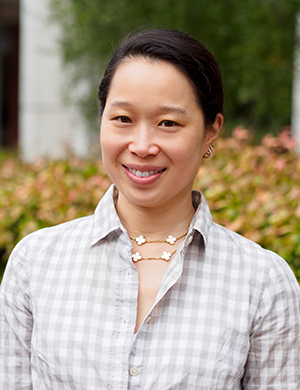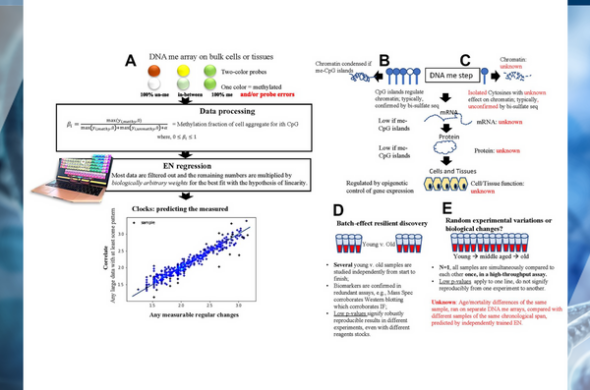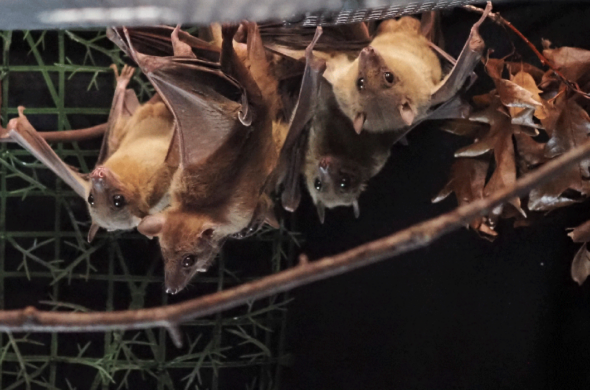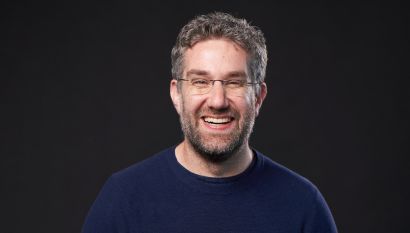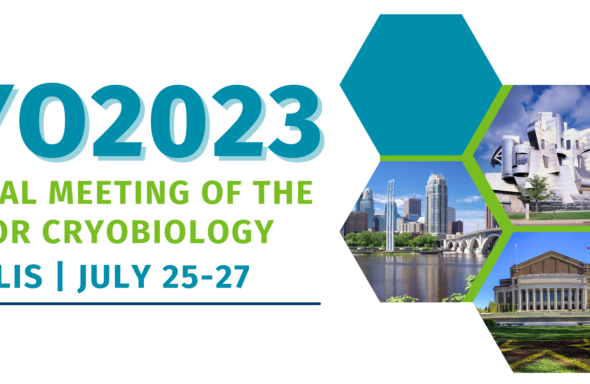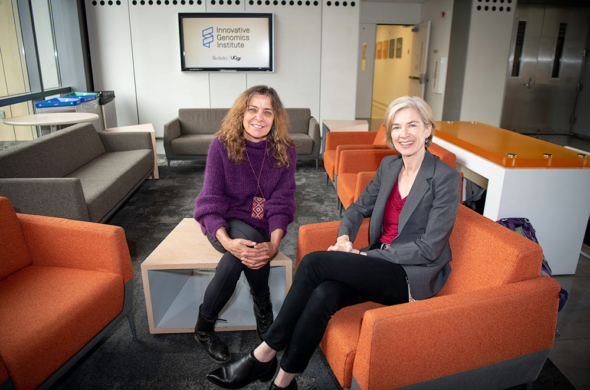Professor Preeya Khanna, member of the Bioengineering Graduate Program, is one of nine Berkeley faculty named 2024 Sloan Research Fellows, the largest number from any institution. The fellowship is among the most competitive and prestigious awards available to early-career scholars in North America.
Alumna Tejal Desai named to NAE
Bioengineering PhD alumna Tejal Desai, former UCSF Professor of Bioengineering & Therapeutic Sciences and Co-Chair of the Graduate Program in Bioengineering, has been named to the National Academy of Engineering. Desai is now the Sorensen Family Dean of Engineering at Brown University.
Rubinsky’s coral preservation work featured on PBS News
Professor Emeritus Boris Rubinsky’s isochoric vitrification method of preserving coral samples in suspended animation is part of recent emergency efforts to save dying coral reefs. The method is being used by the Smithsonian’s National Zoo and Conservation Biology Institute.
6 MIND-BLOWING ASSISTIVE HEARING DEVICES COMING TO CES 2024
Hearing technology startup Concha Labs, founded by PhD alumna Amy Li, was featured in a USA Today article on exciting new Assistive Hearing Devices.
Four faculty named 2023 Highly Cited Researchers
Bioengineering graduate program core faculty Jill Banfield, Jennifer Doudna, Jay Keasling and Valerie Weaver have been named to Clarivate’s list of Highly Cited Researchers. Each researcher selected has authored multiple papers which rank in the top 1% by citations for their field(s) and publication year in the Web of Science™ over the past decade, and were further vetted for inclusion by experts in their field.
Tsuchida and Vasic in 30 Under 30
PhD alumni Connor Tsuchida and Ivana Vasic have both been named to the annual Forbes 30 Under 30 list for their achievements in Healthcare! Tsuchida has founded Crispr delivery startup Azalea Therapeutics, and Vasic is developing therapies to support the next generation of in vitro fertilization as founder of Vitra Labs.
Two alumni innovations named to Time 2023 Best Inventions
Two Bioengineering PhD alumni have innovations named to the Time Magazine 200 Best Inventions of 2023 list. The Cala kIQ, developed by Cala Health, founded by alumna Kate Rosenbluth, is a wearable, rechargeable device that sends electrical impulses from the wrist to the brain, to assist patients with Essential Tremor and Parkinson’s. Proven 40 OS is a fertilizer using naturally occurring microbes that live on a plant’s root system and release nitrogen to reduce emissions and pollution while producing higher crop yields – developed by Pivot Bio, founded by alumnus Karsten Temme.
Wilbur Lam named to National Academy of Medicine
PhD alumnus Wilbur Lam, now Professor of Pediatrics and Biomedical Engineering, Emory University and Georgia Tech, has been named one of the 2023 new members of the National Academy of Medicine. Lam was recognized for “outstanding contributions in point-of-care, home-based, and/or smartphone-enabled diagnostics that are changing the management of pediatric and hematologic diseases as well as development of microsystems technologies as research-enabling platforms to investigate blood biophysics. He also leads national/NIH efforts to assess diagnostic tests (including those for COVID-19) for the entire country.”
Congratulations 2024 Siebel Scholars!
Five Bioengineering PhD students have been named Siebel Scholars of the class of 2024: Cindy Ayala, Ruiming Cao, Sita Srinivasan Chandrasekaran, Cameron Tadashi Kato, and Andre Lai. The Siebel Scholars program annually recognizes top students at the world’s leading graduate schools of bioengineering, business, computer science and energy science.
Alumni Li, Lupo and Ozhinsky Awarded $3.93M Grant to Develop Metabolic Imaging for Brain Cancer
Three bioengineering PhD alumni, all of whom are now UCSF-affiliated faculty, have been awarded a $3.93 million Translational Team Science Award from the Department of Defense. Led by Yan Li, associate professor, Janine Lupo, professor, and Eugene Ozhinsky, assistant professor of the VA Advanced Imaging Research Center, the grant will support their efforts to create new, AI-based approaches that will enable direct translation of non-invasive metabolic MR imaging methods into clinical practice.
New Paper Points the Way to Make CRISPR Safer by Avoiding Chromosome Loss
PhD student Connor Tsuchida is first author on a new paper in “Cell” from the Doudna and Ye labs, using single-cell analysis to look at chromosome loss after CRISPR-Cas9 editing using a broad range of guide RNAs. The authors suggest a protocol to prevent chromosome loss
Vlassakis receives NIH New Innovator Award
PhD alumna Julea Vlassakis, now Assistant Professor of Bioengineering at Rice University, has been named a 2023 NIH Director’s New Innovator! These prestigious awards support early-career investigators with ambitious, unconventional project proposals demonstrating broad impact potential.
Gu named to LLNL Early Career UC Faculty Initiative
Lawrence Livermore National Laboratory announced that Berkeley ME professor Grace Gu has been selected as the inaugural recipient of the LLNL Early Career UC Faculty Initiative! Gu will receive up to $1 million in funding over five years to support a research project that seeks to advance AI-driven manufacturing for metal-ceramic composite structures.
Berkeley alum creating a greener future for bluejeans
PhD alumna Tammy Hsu is using synthetic biology to produce environmentally friendly dyes for industry through her company, Huue.
Michelle Chang receive 2024 ACS National Award
Berkeley Professor of Chemistry and Chemical & Biomolecular Engineering has been given the 2024 Award for Creative Work in Fluorine Chemistry, sponsored by the American Chemical Society Division of Fluorine Chemistry!
Conboy Lab changes the measurement of biological age
Research from Professor Irina Conboy’s lab is on the cover of the journal “Aging” this week, highlighting their exciting new research in the measurement of biological age. Their work shows that commonly-used Elastic Net DNA methylation clocks have low accuracy, and present an alternative using noise-detecting cytosines, measuring the pressure of aging and disease on an organism. BioE PhD student Xiaoyue Mei is first author.
Elghazali and Graham are Berkeley Grad Diversity Fellows
Nafisa Elghazali and Yasmin Graham are 2023-24 Graduate Diversity and Community Fellows! Dedicated to building healthier communities for grad students at Berkeley, fellows provide academic and professional support to peers, with a special focus on underrepresented students.
Fearing and Messersmith win 2023 Bakar Fellows Spark Awards
Congratulations to Professors Ron Fearing and Phillip Messersmith, two of seven new recipients of the 2023 Bakar Fellows Spark Award, designed to accelerate faculty-led research and produce tangible, positive societal impact through commercialization.
Bat study reveals how the brain is wired for collective behavior
New research from Professor Michael Yartsev shows that the same neurons that help bats navigate through space may also help them navigate collective social environments. In a study published today in the journal Nature, the researchers found that the portion of the brain that acts as a GPS is also tuned to the social dynamic in the environment.
New Technique Could Facilitate Rapid Cryopreservation of All Coral Species
Research by Professor Emeritus Boris Rubinsky, in collaboration with Smithsonian’s National Zoo and Conservation Biology Institute (NZCBI) and Texas A&M, has achieved a breakthrough in the fight to save the world’s coral reefs from climate change annihilation. The researchers successfully cryopreserved and revived entire coral fragments, opening the door to collecting and preserving coral fragments easily and rapidly at an urgent moment for coral worldwide.
James Fraser Named Chair of Dept of Bioengineering and Therapeutics Sciences
James Fraser, PhD, has been named the new chair of the Department of Bioengineering and Therapeutic Sciences, our home department at UCSF. Fraser has served as vice dean of research for the UCSF School of Pharmacy since 2022 and has been a professor in the Department of Bioengineering and Therapeutic Sciences, a joint department of the UCSF Schools of Pharmacy and Medicine, since 2013. Congratulations!
Rubinsky papers receive Best Paper in Cryobiology awards
Two papers by Professor Boris Rubinsky have been selected for Best Paper in 2022 awards by the journal Cryobiology. “Methods to stabilize aqueous supercooling identified by use of an isochoric nucleation detection (INDe) device” was named Best Paper of 2022, and “Isochoric supercooling cryomicroscopy” was the runner-up best paper. The Rubinsky lab is a world […]
Alumnus Teisseyre named COO at Hyperfine
Congratulations to PhD alumnus Tom Teisseyre, promoted to Chief Operating Officer at Hyperfine, Inc.! Hyperfine created the Swoop® system, the world’s first FDA-cleared portable magnetic resonance brain imaging system.
Banfield and Doudna are Officially Audacious
Graduate program faculty Jill Banfield and Jennifer Doudna will head a new initiative in precision microbiome engineering at the Innovative Genomics Institute. The research initiative, “Engineering the Microbiome with CRISPR to Improve our Climate and Health,” is funded by a gift of $70m dollars through The Audacious Project, an initiative housed at TED, and is the largest scientific project funded from The Audacious Project to date.
